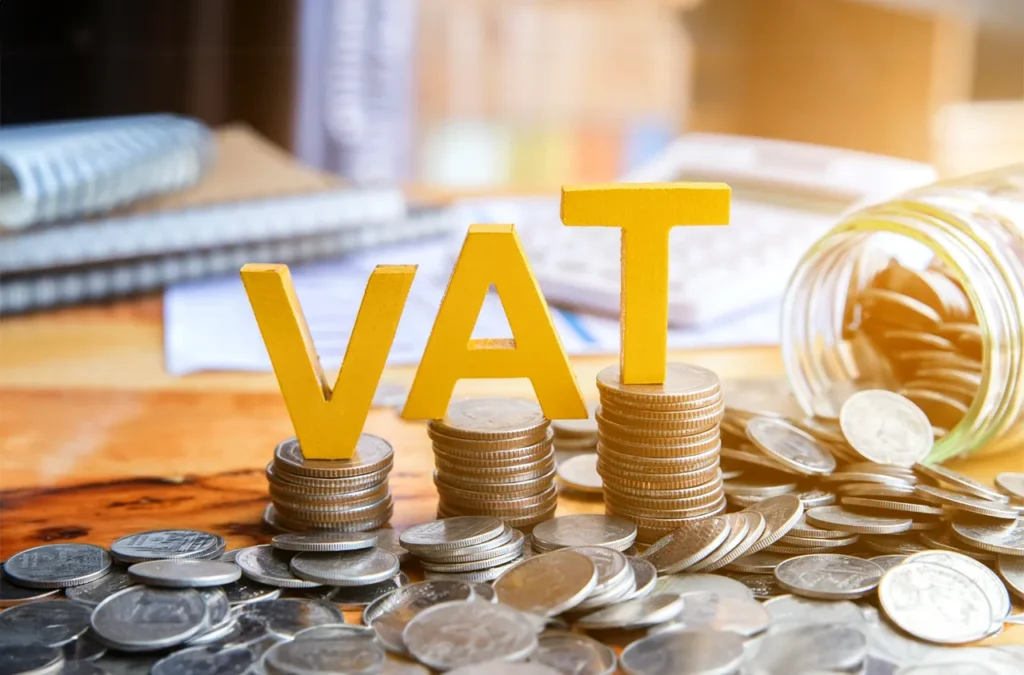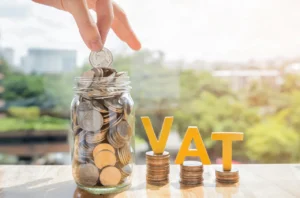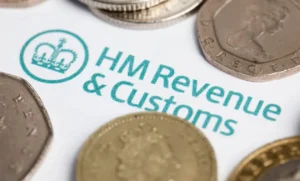Currently, a business must register for value-added-tax (VAT) when their total annual turnover reaches the £90,000 VAT threshold, or if they anticipate earning so. Besides this threshold, VAT registration is voluntary. Many businesses are concerned whether they should voluntarily register or not.
This article outlines both the advantages and disadvantages of being VAT registered to help businesses, whether a sole trader or limited company, make more informed decisions. Read on.
Pros of Being VAT Registered
Being VAT registered offers several benefits, whether it is voluntarily or compulsorily done, including the following:
Reducing Expenses Via VAT Reclaim
VAT-registered businesses can reclaim value added tax on most goods and services bought from other businesses, reducing overall expenses. For example, if a business sells goods worth £120,000 in gross amount (including 20% of VAT, £20,000), whilst purchasing goods worth £96,000 (including 20% of VAT, £16,000), the net VAT payable would be £4,000 after reclaiming input VAT.
Enhancing Business Credibility
Many larger and international companies prefer to work with VAT-registered businesses, viewing non-registered entities as too small or unreliable. When VAT-registered, small businesses give off a larger and more established reputation, allowing them to attract customers, lenders, investors, and suppliers.
Marketing and Competitive Advantage
Having a VAT number to display on invoices, letterheads, websites, and other business stationery enhances the company’s credibility and professionalism. Moreover, for VAT-registered customers, prices are considered competitive as they can reclaim VAT from HMRC.
Record Keeping and Financial Management
VAT registration necessitates keeping detailed and accurate records, which benefits overall business management and financial tracking.
Backdating VAT Registration
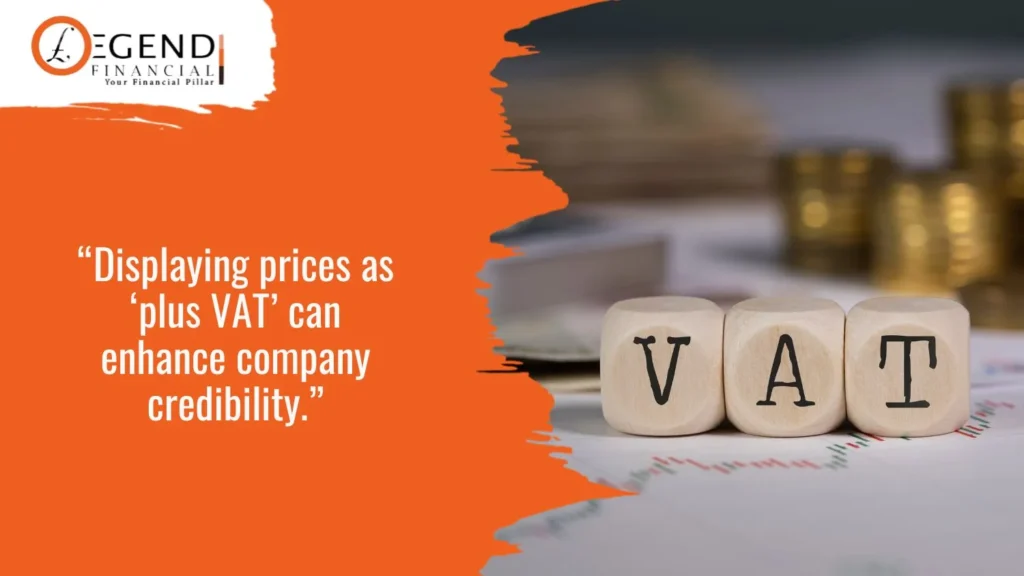
Voluntarily registering for VAT allows businesses to backdate their registration by up to four years, enabling them to reclaim VAT paid on equipment still in use, provided they supply sufficient evidence to HMRC.
Cons of Being VAT Registered
Whilst VAT registration offers several benefits, businesses should also consider the potential downside of being VAT registered. Understanding these limitations can help businesses make a balanced decision. Here are some cons of being VAT-registered:
Increased Costs for Non-VAT Registered Customers
VAT registration forces businesses to include VAT on all sales. This can make products and services appear more expensive to customers, particularly those who are not VAT registered. This may become a significant issue for businesses selling directly to consumers, who may find the added consumption tax unwelcome.
Risk of Large VAT Bills
If a business generates more VAT from sales than it pays on purchases, it could end up with a substantial VAT bill to HMRC. This may result in cash flow challenges, especially for small businesses.
Administrative Burden
VAT registration necessitates additional paperwork and administrative tasks for the business, as they must keep all VAT invoices and receipts, maintain VAT accounting records, and file VAT returns quarterly (every three months). This requirement often leads to an increased accounting cost and administrative workload.
Limitations with Suppliers
If some suppliers are not VAT registered, businesses cannot reclaim VAT on purchases from these suppliers, which can reduce the overall benefit of being VAT registered.
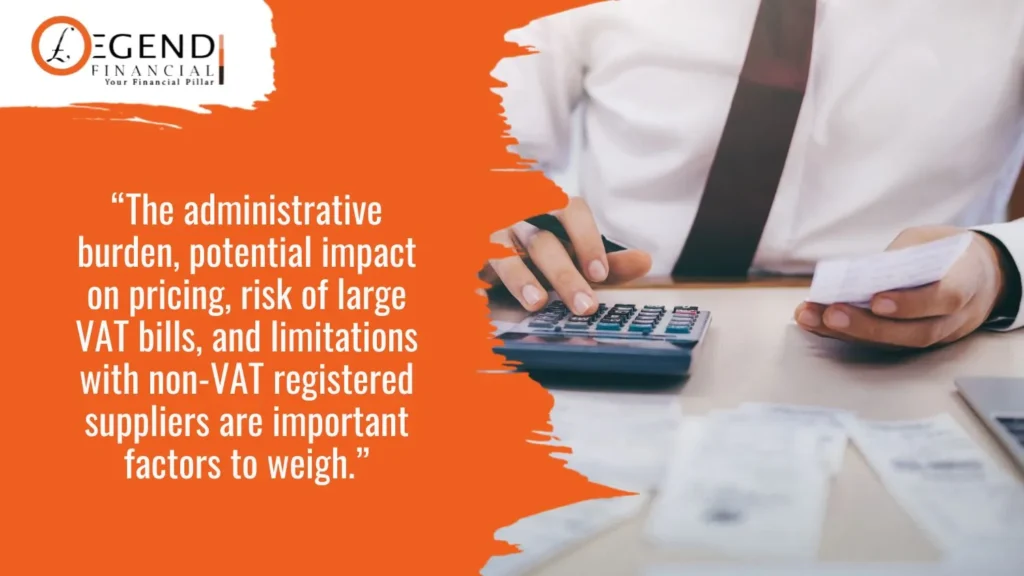
VAT-Related FAQs
VAT evasion is a serious offence, leading to severe consequences such as civil penalties, interest, and default surcharges, and may also result in criminal charges with potential fines and imprisonment. HMRC rigorously investigates and prosecutes VAT fraud, emphasising the importance of compliance to avoid these harsh penalties.
No, in the UK taxation system, businesses cannot reclaim VAT on purchases unless they are registered for VAT. Only VAT-registered businesses are eligible to reclaim VAT on their business expenses.
If a business exceeds the VAT turn-over threshold within the past 12 months or expects to exceed it in the next 30 days, it is legally required to register for VAT. This obligation applies even if the threshold is exceeded temporarily.
Businesses frequently encounter various VAT compliance challenges, such as understanding local regulations, meeting registration thresholds, ensuring accurate VAT calculation, and adhering to filing deadlines. Issues also arise with invoice requirements, international transactions, e-commerce compliance, and reclaiming VAT on expenses.
For businesses with straightforward operations, completing a VAT return each quarter is relatively easy if accurate digital records are maintained. However, the process can become more complex in situations involving international transactions, multiple VAT rate, or reclaiming VAT on expenses.
How Legend Financial Can Help
Deciding whether to register for VAT requires careful consideration of both the pros and cons. If your specific circumstances and customer base show that VAT registration is beneficial for your business, then you will not need to deal with the disadvantages of being VAT registered.
However, if you are one of the business owners making complaints such as “being VAT registered is killing my business” after you have made a voluntary registration, know that you have the option to de-register. Legend Financial will help you accordingly with the next steps and more. Consult with our VAT accountants today!



